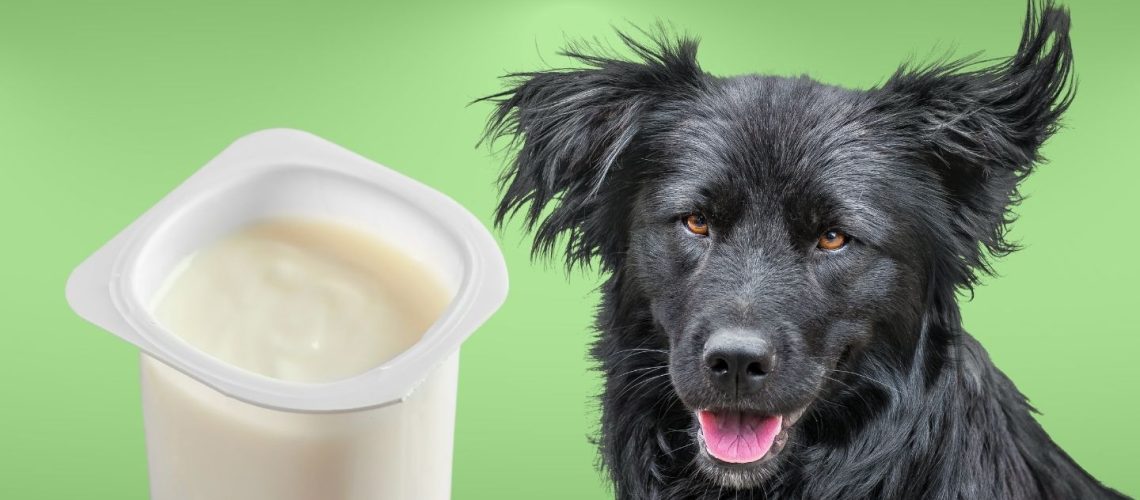Yes, dogs can eat vanilla yogurt in moderation, provided it does not contain any harmful ingredients like added sweeteners or xylitol. Yogurt can offer numerous health benefits for dogs, including improved digestion, calcium for bone health, and a good source of protein. It can even be a suitable alternative for lactose intolerant dogs. However, it is important to monitor portion sizes and choose the right type of yogurt. In this article, we will discuss the benefits and risks of feeding your dog vanilla yogurt, how to choose the right yogurt, portion size guidelines, and alternative treats for your dog.
Benefits of Yogurt for Dogs
Probiotics and Digestive Health
Yogurt contains probiotics, which are beneficial bacteria that can help improve a dog's digestion and support its overall gut health.
Calcium and Bone Health
Yogurt is a good source of calcium, which is essential for building strong and healthy bones in dogs.
Protein Source
Dogs need protein in their diet, and yogurt provides an excellent source of high-quality protein.
Alternative for Lactose Intolerant Dogs
Because yogurt is easier to digest than other dairy products, it can be suitable for dogs with lactose intolerance.
Can Help with Bad Breath
The probiotics in yogurt can also help combat bad breath in dogs, improving their oral health.
Risks of Feeding Dogs Vanilla Yogurt
Added Sweeteners and Artificial Sweeteners
Many vanilla yogurts contain added sugars, which can lead to weight gain and other health issues in dogs. Additionally, artificial sweeteners, such as xylitol, can be toxic to dogs and cause hypoglycemia (low blood sugar) and potential liver damage.
Xylitol Toxicity
Some types of yogurt contain the artificial sweetener xylitol, which can be highly toxic to dogs. Always make sure to read the ingredients list carefully.
Weight Gain and Health Problems
Even without xylitol, the added sugars in vanilla yogurt can cause weight gain and health problems in dogs over time.
Allergies and Intolerances
Some dogs may have allergies or intolerances to certain ingredients in yogurt or develop an upset stomach, diarrhea, or vomiting after consuming it.
Choosing the Right Yogurt for Your Dog
Plain, Unsweetened Yogurt
To limit the risks associated with feeding your dog vanilla yogurt, opt for plain, unsweetened yogurt instead.
Greek Yogurt vs. Regular Yogurt
Greek yogurt is strained to remove excess liquid, resulting in a thicker, creamier texture and higher protein content. It can be a better option for dogs, but make sure it is still unsweetened and free from harmful additives.
Organic and Natural Options
Selecting organic or natural yogurts without additives can help prevent potential issues and provide the best health benefits for your dog.
Portion Size and Guidelines
Determining Caloric Needs
A good rule of thumb is to limit your dog's yogurt intake to no more than 10% of their daily caloric intake to prevent weight gain and other health issues.
Frequency of Feeding Yogurt
Only give yogurt to your dog as an occasional treat, not as a regular part of their diet.
Monitoring Your Dog's Reaction
Always monitor your dog's reaction to yogurt and consult with your veterinarian if you have concerns or questions about feeding it to them.
Alternative Treats for Dogs
Frozen Yogurt Treats
Make frozen yogurt treats by mixing plain yogurt with dog-friendly fruits or vegetables and freezing the mixture in ice cube trays.
Fruits and Vegetables
Many fruits and vegetables, such as apples, carrots, and green beans, make healthy, low-calorie treats for dogs.
Homemade Dog Treats
Consider making homemade dog treats using dog-safe ingredients to ensure your dog is receiving the best nutrition possible without harmful additives.
Conclusion
In conclusion, dogs can eat vanilla yogurt in moderation, but it is important to choose the right type of yogurt and monitor portion sizes. Feeding your dog plain, unsweetened yogurt instead of vanilla yogurt and opting for organic or natural options can help prevent potential risks. Be sure to watch your dog's reaction and consult with a veterinarian if you have any concerns. Additionally, explore alternative treats like frozen yogurt treats, fruits, vegetables, and homemade dog treats to provide your canine companion with a safe and nutritious snack.











